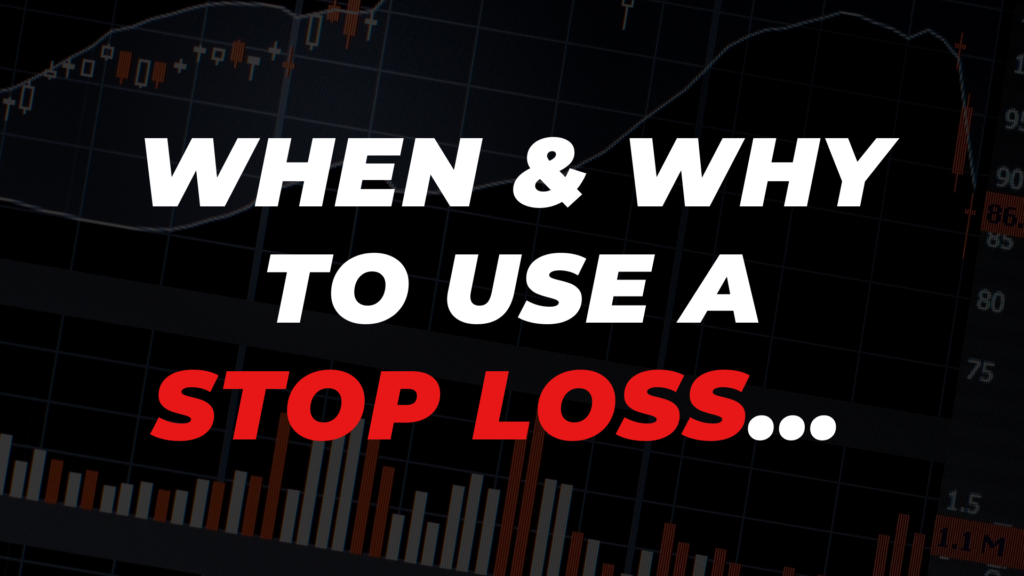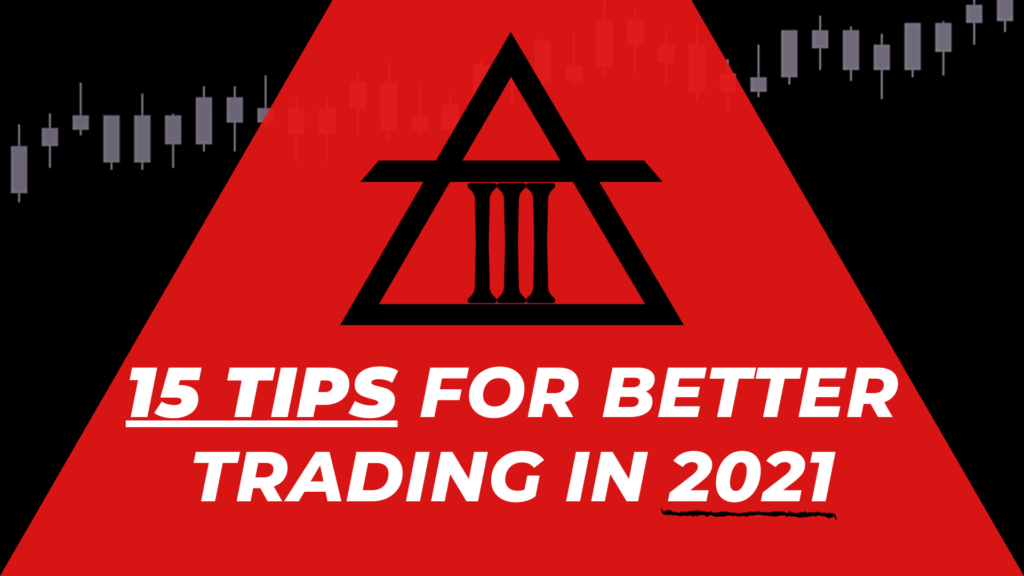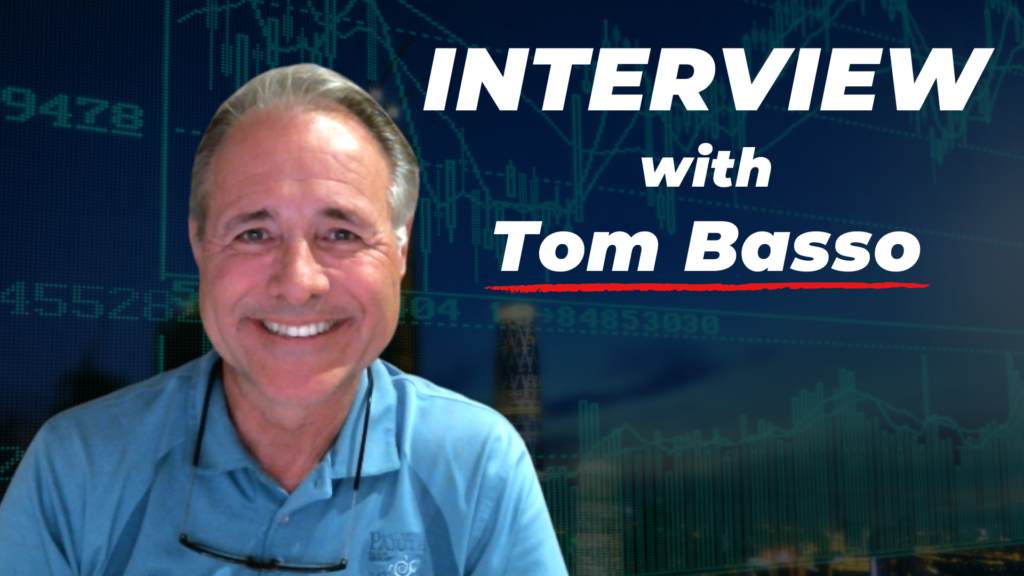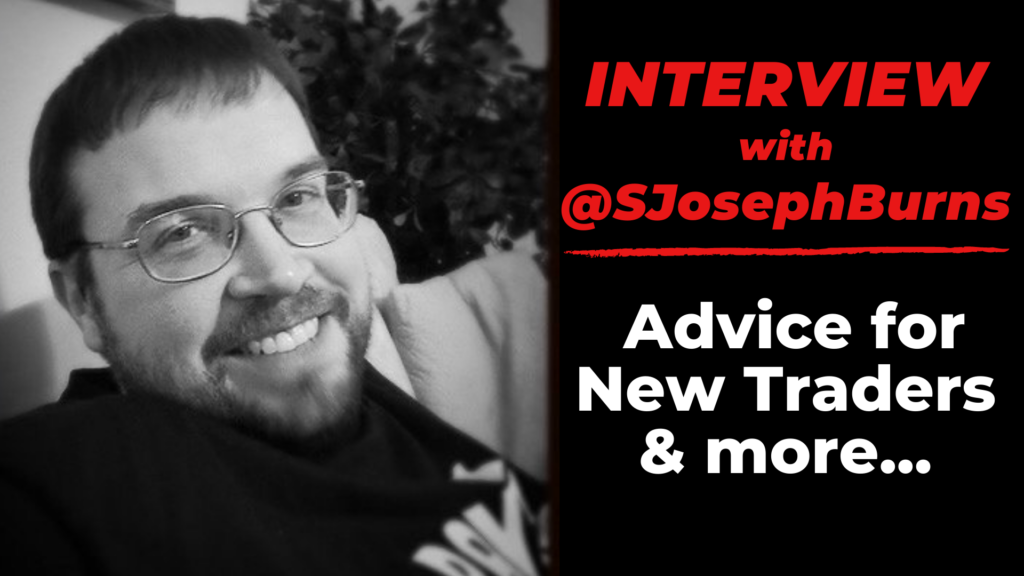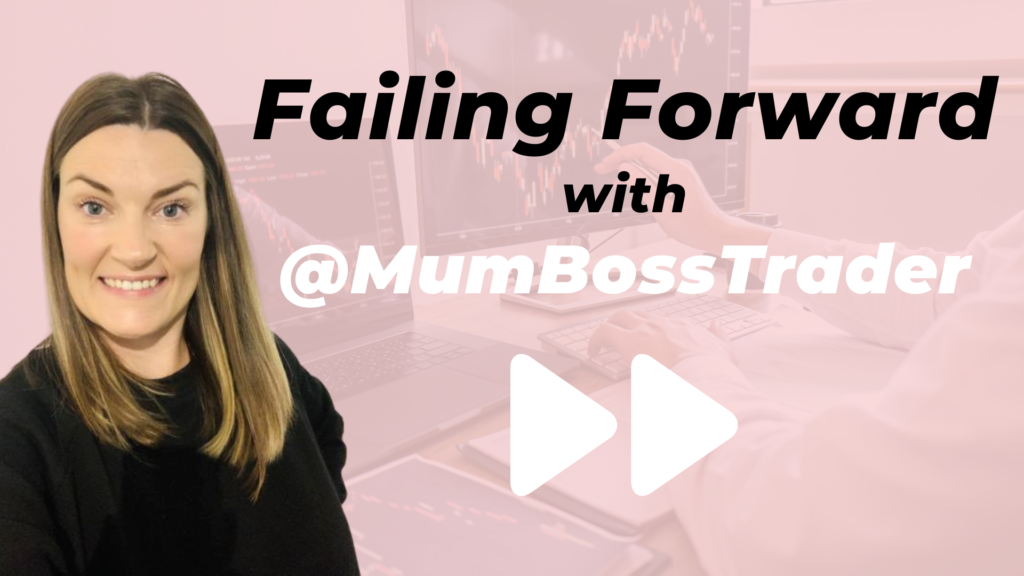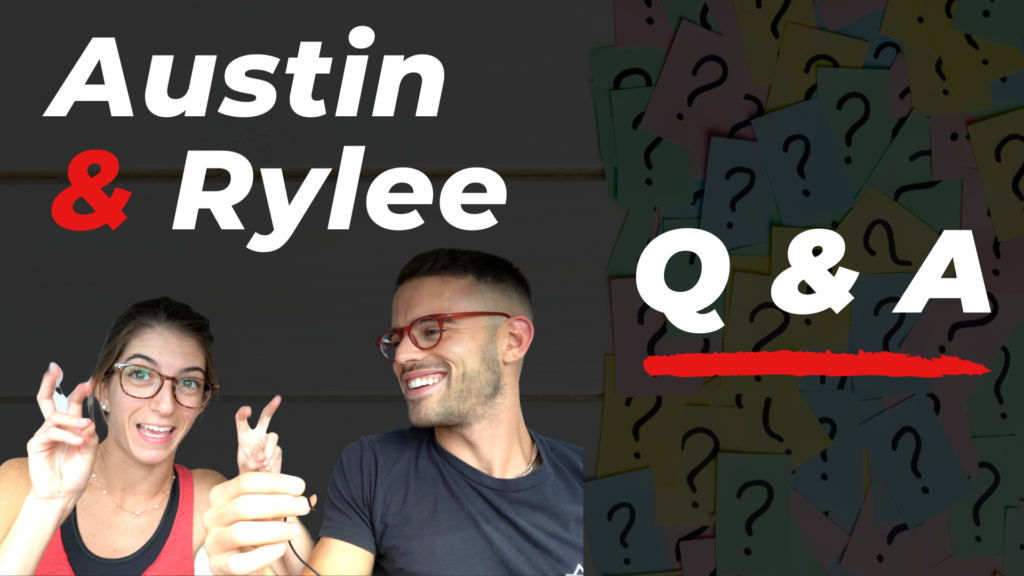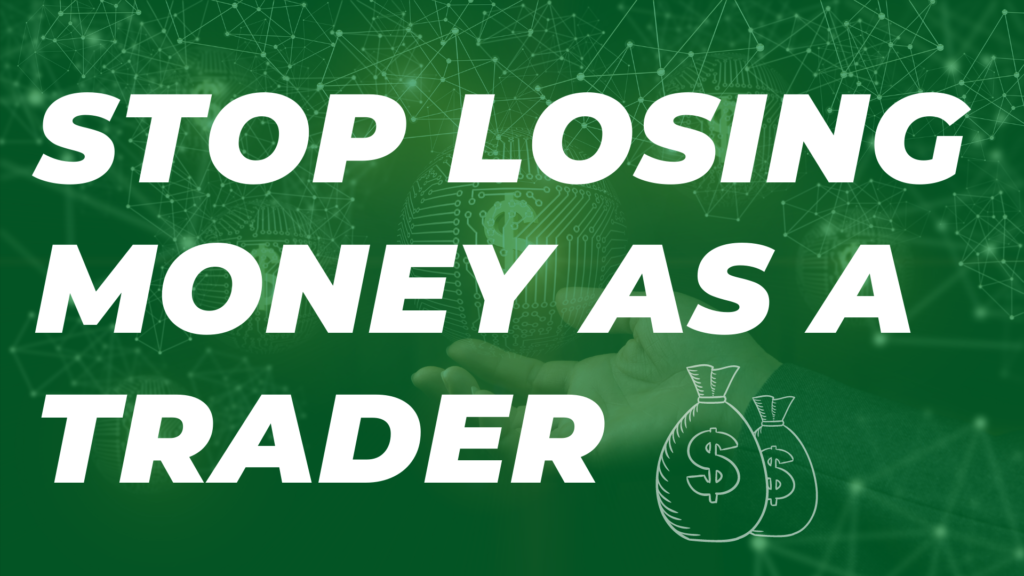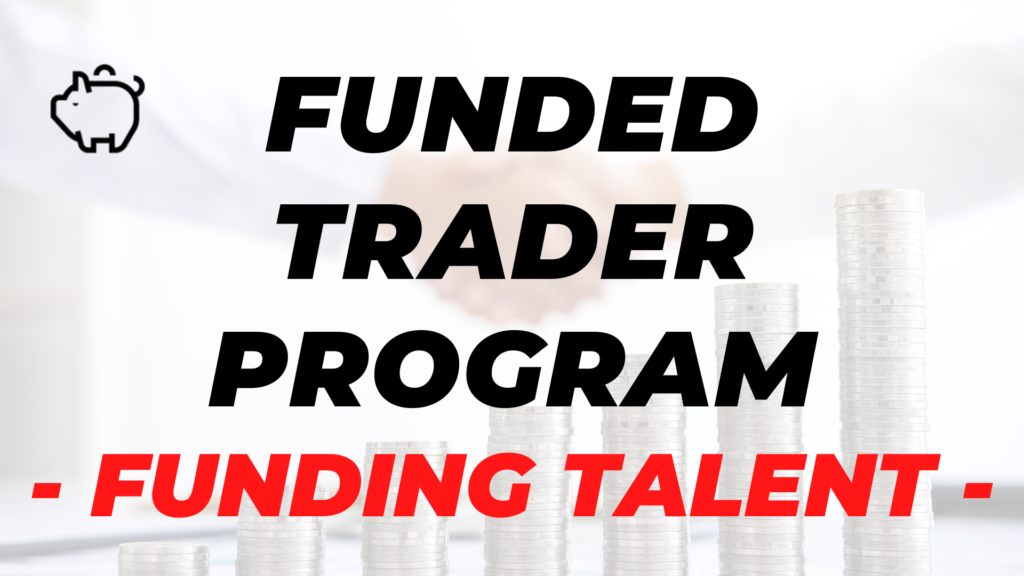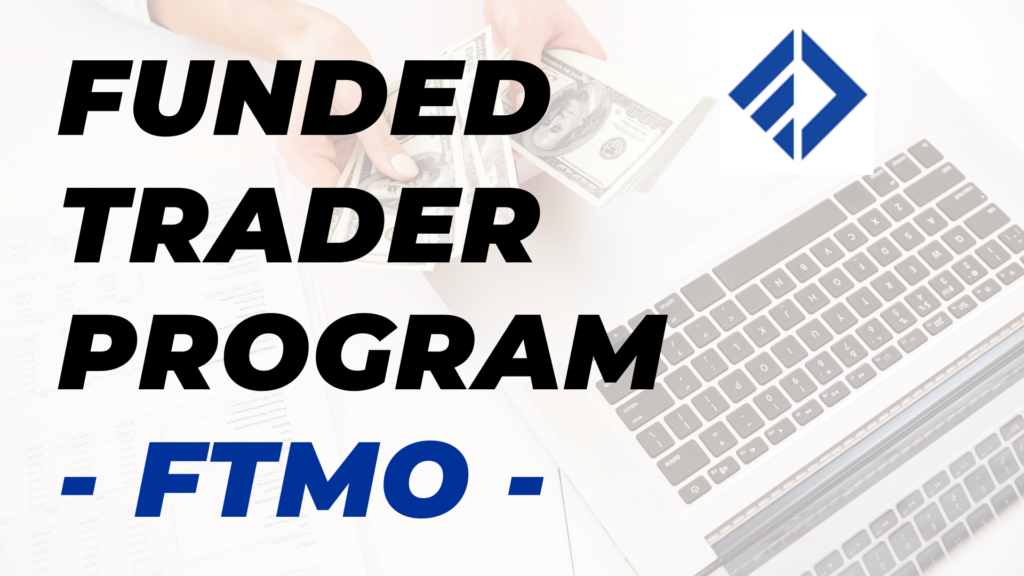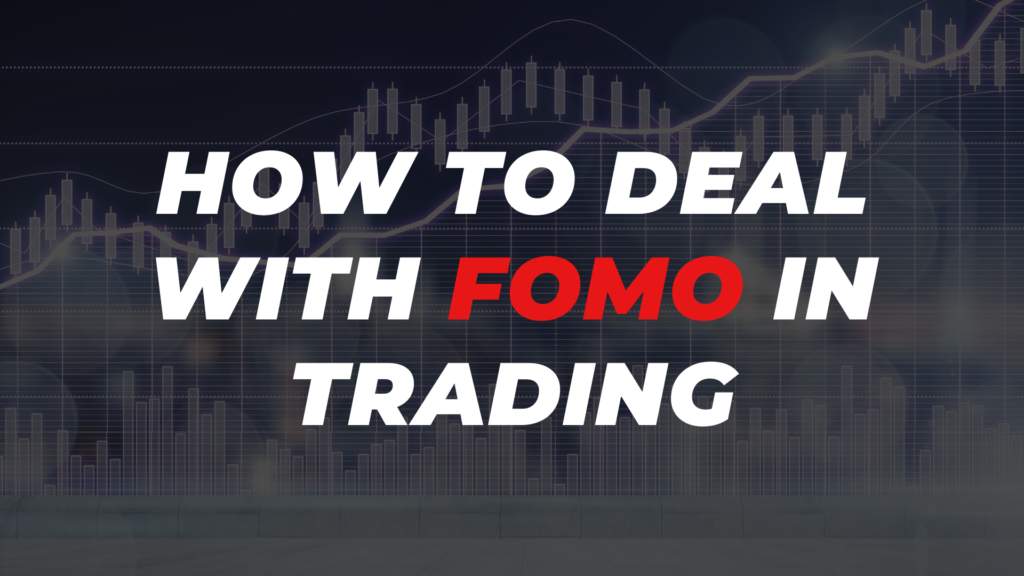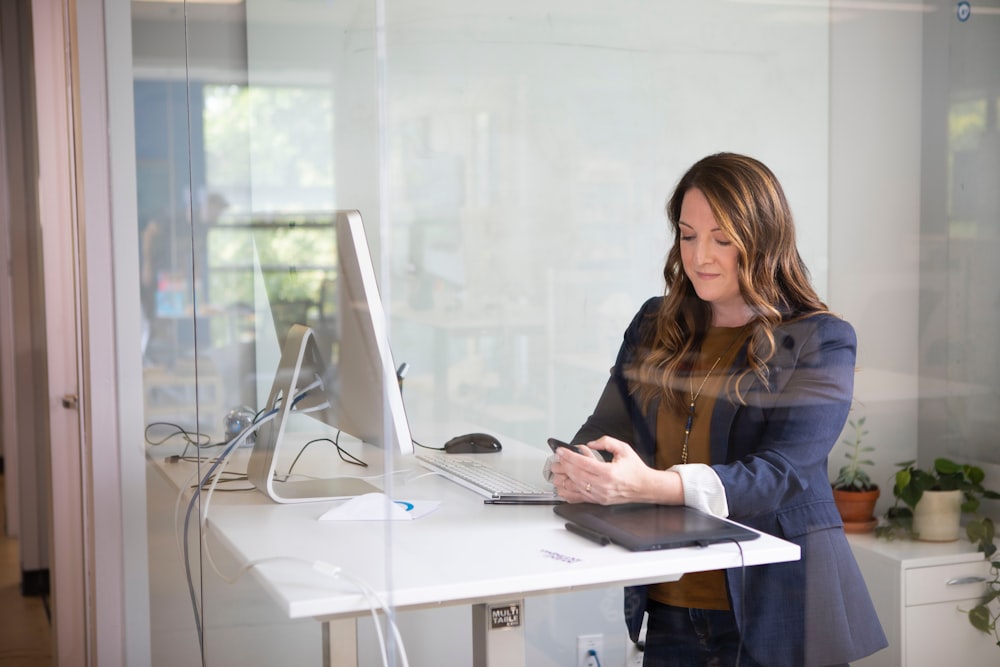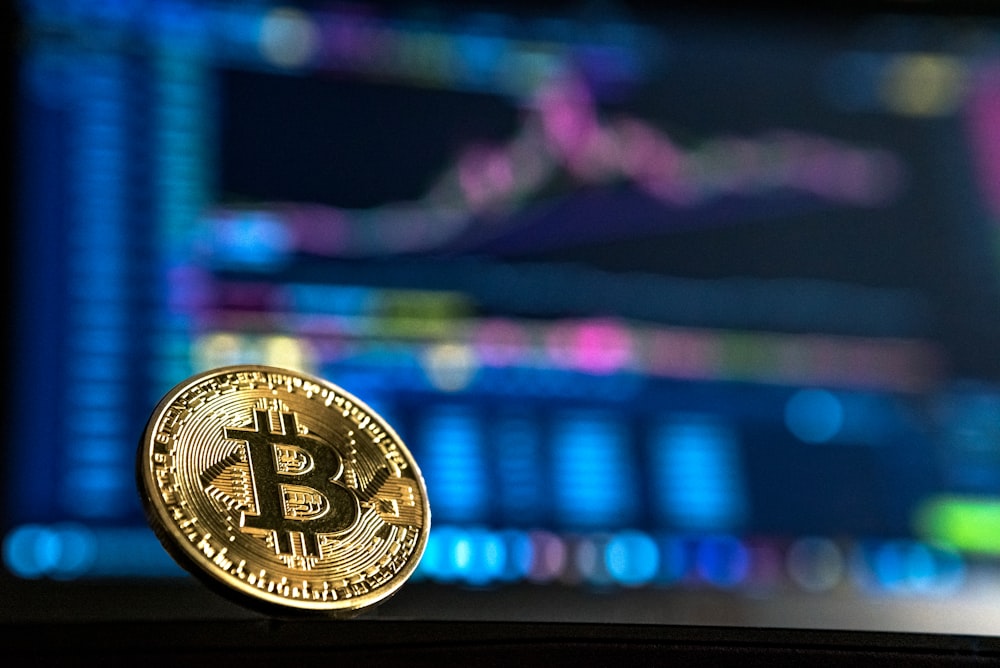Chatting With Trading Legend – Steve Burns
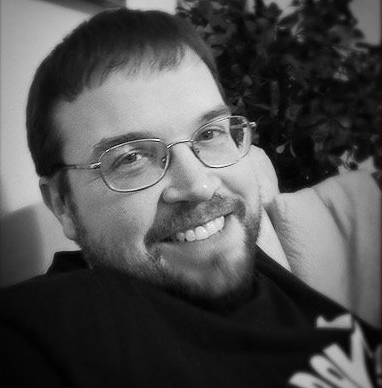 Austin had the privilege to meet trading legend Steve Burns a few years ago through Twitter. As time went on, they continued to develop a digital relationship where he helped Austin break into the online trading community.
Austin had the privilege to meet trading legend Steve Burns a few years ago through Twitter. As time went on, they continued to develop a digital relationship where he helped Austin break into the online trading community.
Steve has helped Austin, and hundreds of other traders from all over the world, improve their trading results and their daily lives.
Thank you again for the time Steve, as everyone will find value in the conversation here today.
Who is Steve Burns?
Trading legend, Steve Burns, has been investing in the stock market successfully for over 20 years and has been an active trader for over 14 years.
He ranks near the top 500 of all reviewers on Amazon and is one of the site’s top reviewers for books about trading. He is also the author of 17 trading books all published on Amazon, 6 of which are #1 bestsellers.
Steve has been featured on numerous sites and within numerous publications, some of which would include DarvasTrader.com where he was featured as a top Darvas System trader and has been interviewed by the Wall Street Journal, Traders Magazine, Michael Covel (creator of Trendfollowing.com), TraderMentality.com, and now by ASFX.
He has also been a contributor to Traders Planet, ZenTrader.ca, and SeeitMarket.com.
Steve Burns invested in technology in the ’90s and has been focusing on trading with an edge since then. His wife, Holly, also came from the tech industry. She used to be a web developer and worked for IBM.
At the time of this interview, Steve currently trades, creates content and shares that content full-time along with running his blog, NewTraderU.
Austin sat down with trading legend, Steve Burns to talk about trading, finding an edge, writing and reading books, having an online presence, Blockchain and cryptocurrencies and advice he would give new traders.
Let’s delve in.
The Interview
Q: Are there any mistakes you made in the 2000’s that you would like to share?
Steve: “Drawdowns. Definitely getting hit with the 50% drawdowns or a string of losses. It’s important to practice risk management.”
“I’m trading to make money, so if I’m not making money, why am I in the trade?”
Steve Burns read over 400 trading books in 2000-2010, which is an average of almost 1 a week. He is also one of the top trading reviewers on Amazon, so he is no stranger to reading and absorbing content.
Steve Burns’ Books
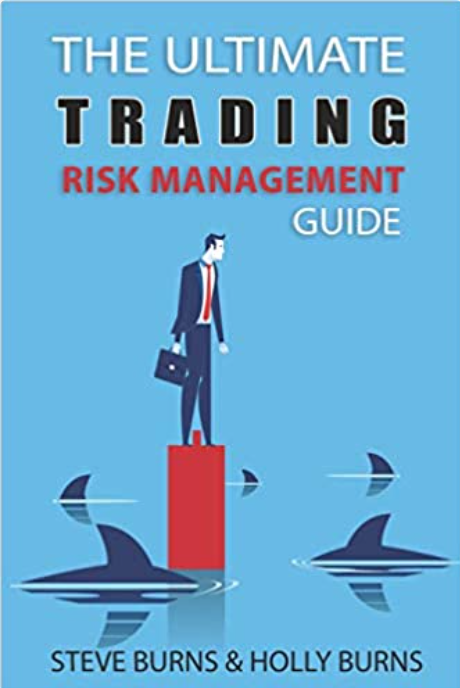
After reading so many books, Steve switched gears and decided to write his own book(s).
Q: How did you generate the ideas for your books?
Steve: “Don’t write your first book until you have your next couple of books planned. When you write a book with structure and a table of contents etc., it helps you learn more about your thoughts. Some of my best trades happened after I wrote the books on it.
For example, when I wrote my options book, my best options trading was after I wrote that book.”
This goes to show that the age-old saying, “one of the best ways to learn is to teach” is, in fact, true.
Writing the Books
Q: “When you write these books, how do you put yourself in the reader’s position to relate to the writing because it can be a very complex subject?”
Steve: “After reading so many books and making mistakes, I had a passion to write books. I wrote them like what would the new me say to the old me back in my early trading days. It was a very cathartic process for me and one of my most enjoyable processes.
The narrative concept works better for new traders than just a lot of information and data because a lot of people can relate to the narrative. I received so many hundreds of messages of people telling me they can relate to the narrative of wanting to win, experiencing the drawdowns, thinking it’s easy money, etc.
The reality of trading and putting real money into a trade and potentially losing that money is a very different psychological process than just learning the theory of trading.”
New Traders, Experienced Traders & Their Struggles
Q: What’s the most common thing, across any market, that you see new traders struggling with?
Steve: “Opinion vs quantification – they want to be right more than they want to make money. They think it’s more about prediction as opposed to reaction. If you were able to predict the future, you would be a billionaire very quickly. It’s about having a quantitative edge.”
Most people tend to hold onto small losses too long and don’t even trade with stop losses, but that’s part of having a trading plan and having an edge from the beginning.
Q: You studied a lot of very successful traders, did that set of rules and systems come from them or did you see that elsewhere?
Steve: What I see as the common denominator is the risk-reward ratio. If you have small losses, but big wins, then you’re gonna make money. That’s what all of the systems boil down to.
Your position size needs to get you through a losing streak.”
Steve continues on by saying that the decision you make before you make your trade should be viewed as something different than the actual trade.
Once you’ve entered a trade, the probability changes while you are in a trade, so you need to move your stop accordingly.
Overall, Steve aims for a 50-60% win rate with a 3 to 1 risk-reward ratio.
Austin, himself, has the same risk-reward ratio.
People underestimate the psychology of trading. The best traders have their own system that works psychologically for them and fits their personality.
Austin says this over and over again: a trader has to have an edge. It has to include your risk-reward, lot size, a backtested system etc. The best piece of advice for any aspiring or current trader is the need to establish your edge right away.
It’s hard to find the edge in the crowded space of trading education on the internet.
The 3M’s of Trading
Steve has his 3 M’s of trading: Money management, mind and method.
Imagine trading as a three-legged stool and each leg is one of the m’s mentioned above. If you don’t have all of these, you will fall over. It’s so important to nurture each aspect and have them included in your edge.
Money management is your risk-reward, lot size, etc.
The mind is your trading psychology. How do you feel entering into trades? Do you let your emotions get the best of you when you are trading, which results in chasing trades and staying in losing trades for too long?
Your method is your system that you have developed or learned over time.
These 3 M’s help traders so much because there are endless ways to make money in the market but they’re all hard to find.
Q: “When you studied all of those big traders (Paul Tudor Jones, Marty, etc.) what have you found seems to hold some of those big traders back, if anything?”
Steve: “Paul Tudor Jones has said that every day thinking that what they do is wrong. They all had a 50% drawdown or blowdown early on so they all had to learn that they don’t know the future and that is a systematic process.”
Q: Do you believe that everyone needs to have a 50% loss or blow an account in order to be successful?
Steve: “I can’t think of anyone who is successful that didn’t have a huge blowup. Even Paul Tudor Jones, who is the best risk manager and consistent trader in the last 40 years had a trade early on that almost destroyed him.
There doesn’t have to be a huge blow up in order to create a successful trader. I’m sure there’s going to be a young business person that doesn’t have the ego problems and does their homework that won’t experience a huge loss, but I haven’t met that person yet.”
Austin has a theory that “it’s going to be a woman and not a man.”
Steve agrees that it is a “very good theory.”
Q: Why do you think there’s not a lot of women traders? Do you think they are turned off by the alpha or the ego or do you think there’s another reason?
Steve: “Linda Rashke sent me one of her books and even she says in there that it’s like sports. For some reason, stereotypically, a lot of women don’t like sports or women don’t like the financial market.
It’s just not their thing. Women tend to like other parts of business or operations. They tend to be nurturers and caregivers and a lot of the time they are more intelligent. More often than not, women also don’t have the same ego that men have. I’m not stereotyping, just speaking from my own personal experience.”
Studies show that women traders outperform men.
Austin: “Yes, women can be nurturers and caregivers, but women have the exact same skills that men have but they do it better. They are better at following the rules and not letting their ego get a hold of them.
Steve: “Women have no problem asking for directions and making logical decisions whereas men struggle to swallow their ego and try to figure things out themselves.”
Steve and his Online Presence
We’re nearing the end of this interview, so Austin wanted to ask Steve:
Q: What inspired you to get on the internet and talk about trading and what keeps you going?
Steve: I wrote a book first and then someone explained to me that I needed to create a website to share what I know. They told me that people were really successful with their websites and that people were actually becoming wealthy off of them.
I’m the kind of person who needs a return out of my time and energy, so he convinced me to do it.
I had thousands of reviews of books already available on amazon so he talked me into starting my own website and posting that content (my own content) on my own site. Then I started enjoying it and it became cathartic.
I’ve always loved Facebook and Twitter, so those were my ideas but other people told me to do the books and to start my own website.
Austin shares how he had the same experience with people encouraging him to start creating his own content. He spent a lot of time reading other people’s, but it took other people convincing him to create his own.
Blockchain, Bitcoin & Crypto
Q: As someone who has experience with new markets and has seen technology developing, when you look at markets that are new and upcoming like crypto and Bitcoin, does that look similar to what the internet used to look like?
Steve: “I see a lot of correlation between the internet and blockchain in terms of people’s reactions to it. Everyone was thinking, here we go, the Internet is going to change the world. For example, etoys.com, pets.com and Amazon, but a lot of those went bankrupt and went to zero.
They were right though, they were just 10 to 20 years too early.
If you’re right about something, your timing also has to be right.
Those early tech investors were right with their ideas. The internet did change the world. Not necessarily pets.com or broadcast.com, but the Internet did. So, Bitcoin doesn’t seem to be scalable but blockchain might create a global currency that everyone accepts and that could be the winner.
From what I understand about it, Blockchain could be comparable to the Internet, but Bitcoin is not. I think something will be big and a global coin, but I don’t think it will be Bitcoin because it’s a fiat of crypto. Bitcoin is backed by nothing so I do not understand the valuation of BTC.”
Paul Tudor Jones has said that he has put approximately 2% of his earnings into Bitcoin, which is a couple hundred million, so when people read that they are naturally going to think, “Oh, if he’s doing that, I should do it too.”
There’s a lot of people who think that crypto is the future because the whole world is becoming more technology-based so there will need to be some type of digital cash.
Blockchain as a Global Coin
Q: Do you think there will be something like a federal coin and cash will be no more?
Steve: “It would be fascinating and the correlation reminds me so much of the perma-bulls and the Internet bubble. Let’s be clear though, Paul Tudor Jones said it himself. He said, ‘[bitcoin] is a speculation.’ We don’t know his exit strategy, time frame or position size.”
If we are going to move into a digital asset, it isn’t going to be Bitcoin or just one way. Most likely there will be multiple ways to do so, especially as Blockchain becomes more mainstream.
Trading Legend Steve Burns’ Advice for New Traders
Q: If you could give anyone who is new any advice, what would you tell them?
Steve: “Slow down. The market will always be there. Focus on compounding your capital over the longterm with a quantified trading system that has an edge.
That’s a business – this is not a crystal ball, not an ego trip, not an opinion, this is just math and probabilities.
Selling something for more than you bought it for. This is the business of trading.”
Thank you again to the trading legend Steve Burns for taking the time to sit down and interview with ASFX!
Check out Steve’s books and connect with him:
Amazon Books: https://www.amazon.com/Steve-Burns/e/…
Blog: https://www.newtraderu.com/
Instagram: https://www.instagram.com/sjosephburns/
Twitter: https://twitter.com/sjosephburns
—————————————-
Stay Connected With Our Weekly Newsletter — https://asfx.biz/subscribe/
ASFX Amazon Store – https://www.amazon.com/shop/austinsil…
Try Audible for Free – https://amzn.to/2KaWa6D
Check out our website: https://asfx.biz/
More from ASFX…
